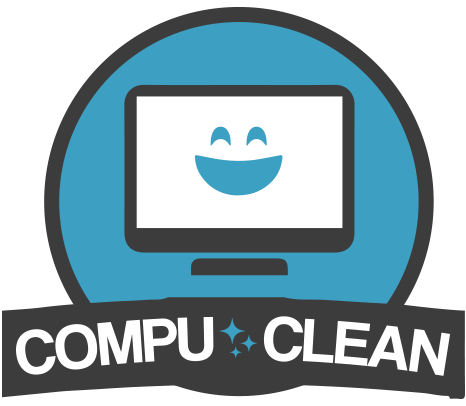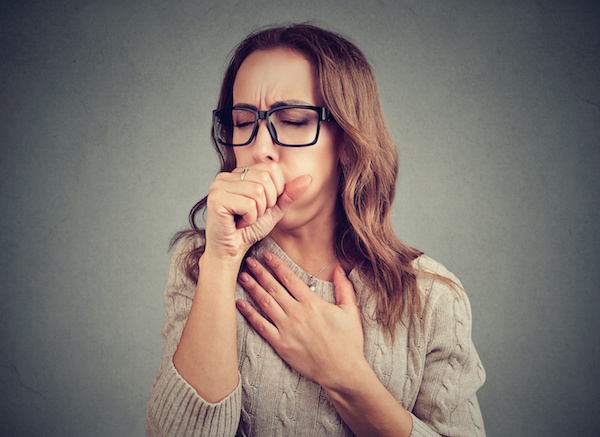Like your personal space? Here’s a list of revolting germ facts to share with colleagues to ensure social distancing regulations are respected… and workstations regularly disinfected!
Germs Spread by Coughing
Research by the Queensland University of Technology found that Pseudomonas Aeruginosa (a bacterial species linked to hospital infections such as ventilator-associated pneumonia and sepsis) can travel up to 4 metres after being coughed into the air.
Germs Spread by Sneezing
Research by the University of Bristol discovered that the average sneeze can spread around 100,000 contagious germs onto keyboards, computers and desktops at speeds of up to 100 miles per hour. These contagious germs can carry viruses like influenza, respiratory syncytial virus (RSV) and adenoviruses, responsible for the common cold. They can also transmit bacteria, such as Streptococcus pneumoniae or Haemophilus influenzae.
Germs Spread in Schools
In 2007, contaminated computer equipment infected more than 100 students and staff at a Washington D.C. school with the highly contagious Norovirus, causing an outbreak of vomiting and diarrhoea.
School desks can also become contagion transmitters, with the average desk containing 400 times more bacteria than a toilet seat – not surprising, given 1 in 5 Australians have admitted to not always washing their hands after visiting the bathroom.











